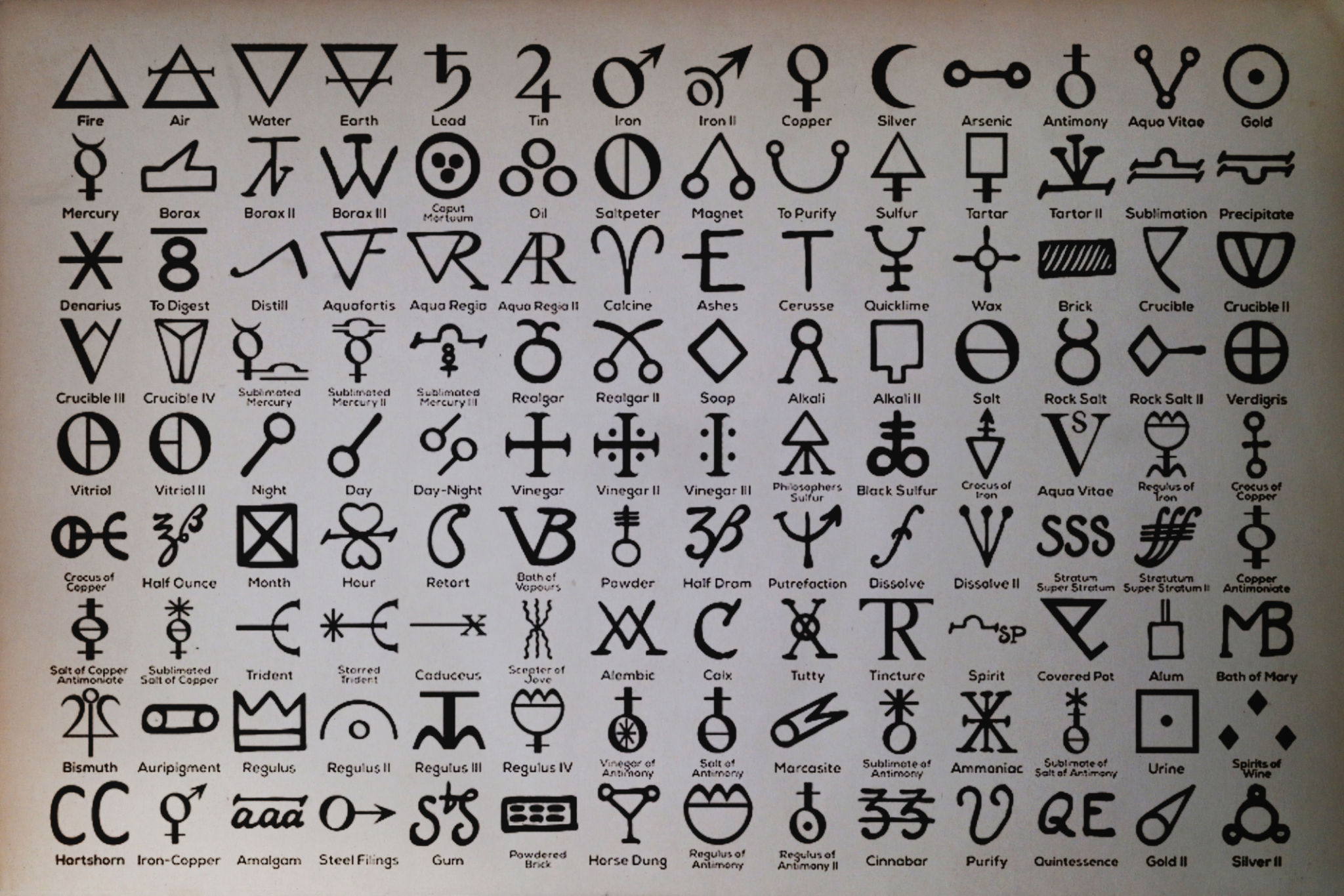Understanding the Basics of Jungian Psychology: A Starter's Guide
Introduction to Jungian Psychology
Jungian psychology, also known as analytical psychology, is a school of thought developed by Swiss psychiatrist Carl Gustav Jung. It emphasizes understanding the psyche through exploring dreams, art, mythology, religion, and philosophy. Jungian psychology is distinct for its focus on the collective unconscious and archetypes that constitute human experience. This guide will introduce you to the basic concepts of Jungian psychology and how they can provide a deeper understanding of the human mind.

The Collective Unconscious
One of Jung's significant contributions to psychology is the concept of the collective unconscious. Unlike the personal unconscious, which consists of repressed memories and forgotten experiences unique to an individual, the collective unconscious is a shared reservoir of experiences and knowledge common to all humans. This shared unconscious is populated with what Jung called archetypes, universal symbols and themes that manifest in art, literature, and dreams.
Understanding Archetypes
Archetypes are fundamental components of the collective unconscious. They are innate, universal prototypes for ideas and may be used to interpret observations. Some of the most well-known archetypes include:
- The Hero: Represents bravery and quest for triumph.
- The Shadow: Embodies the darker aspects of the psyche.
- The Anima/Animus: Represents the feminine side in men and the masculine side in women.
- The Self: Symbolizes the unification of the unconscious and conscious mind.

Jungian Therapy and Dream Analysis
Jungian therapy focuses on integrating these archetypes into consciousness to aid personal development. A crucial aspect of this therapeutic process is dream analysis. Jung believed that dreams are a window into the unconscious mind, providing insights into unresolved issues and guiding personal growth. Analyzing dreams can help individuals understand their inner conflicts and achieve balance within their psyche.
The Process of Individuation
The goal of Jungian psychology is individuation, a process of self-realization and integration of different aspects of the psyche. Through individuation, individuals strive to become whole by acknowledging and reconciling various components of their personality, including both conscious and unconscious elements. This journey often involves addressing internal conflicts and embracing one's true self.

Applications in Modern Psychology
Though some may view Jungian concepts as esoteric, they have practical applications in modern psychology and psychotherapy. The emphasis on symbolism, narrative, and personal meaning in understanding mental health issues has influenced various therapeutic approaches. Jungian ideas have also contributed to fields like art therapy, where creative expression aids healing and self-discovery.
Criticism and Contemporary Relevance
While Jungian psychology has its critics, particularly regarding its scientific rigor, it remains influential in many circles. The exploration of myths, dreams, and symbols resonates with those seeking a deeper understanding of human motivation and behavior. In today’s world, where mental health awareness is crucial, Jungian psychology offers valuable insights into the complexities of human nature.

Conclusion
Understanding the basics of Jungian psychology can open new pathways to self-awareness and personal growth. By recognizing the influence of archetypes and embracing the collective unconscious, individuals can embark on a transformative journey toward individuation. Whether through therapy or self-exploration, integrating these concepts into daily life can lead to a more profound connection with oneself and others.
